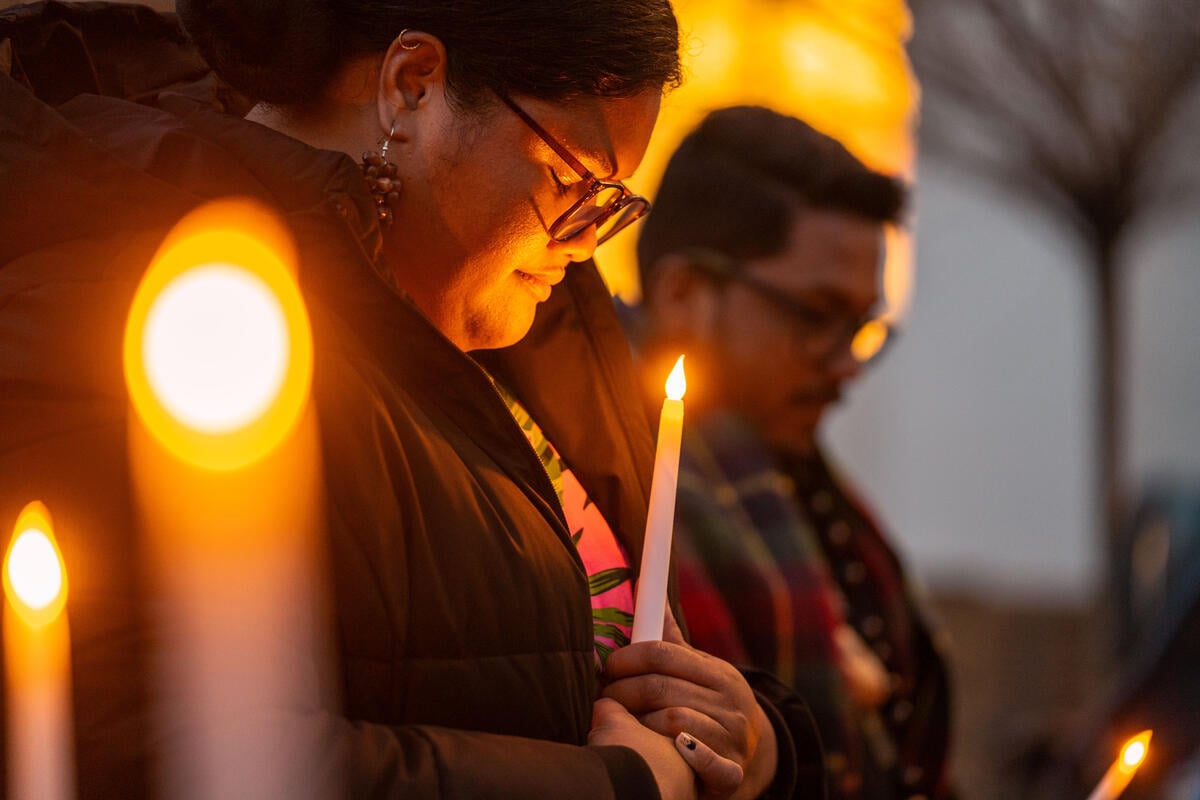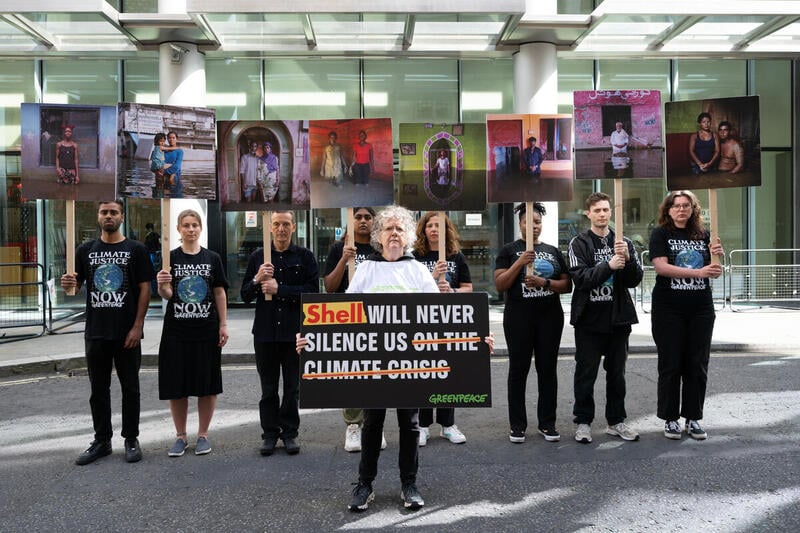Manaus, Brazil – The community of El Bosque, the first in Mexico to be officially recognised by authorities as climate-displaced, is one of the groups demanding climate justice before the Inter-American Court of Human Rights (IACtHR) this week as hearings resume on the obligations of States in the context of the climate emergency.
From 27-29 May, 116 delegations will be heard to assist the IACtHR in responding to a request by Chile and Colombia for an advisory opinion.[1] The hearings, which started last month in Barbados and resumed today in Manaus, Brazil, focus on the experiences of impacted communities, human rights defenders and the civil society organisations supporting them.[2]
Pablo Ramirez, climate campaigner at Greenpeace Mexico said: “Countless claims by communities around the world who have suffered too long from harms imposed on them by colonialist, extractivist business practices, are a testimony to how the fossil fuel and agribusiness industries are impairing the full exercise of all of our human rights and also how the States are failing to guarantee these basic but fundamental rights.”
In the past five years, the El Bosque community has experienced severe impacts of the climate crisis.[3] Rising sea levels have forever changed their lives and those in the most vulnerable positions, such as children, the elderly and people with disabilities, are facing the worst consequences of this crisis.
In written observations filed before the IACtHR with the support of Greenpeace Mexico, Nuestro Futuro Mexico and Conexiones Climáticas, the El Bosque community asks the court to establish that States have an obligation to develop climate adaptation policies which effectively address internal displacement due to climate impacts.[4]
The hearings in Brazil are taking place in the aftermath of the worst flooding event in the country’s history that killed over 150 people and forced 540,000 out of their homes.[5] The IACtHR is one of the three international fora that has been called to clarify, for the first time, the legal obligations of States concerning climate change in the face of severe climate impacts.[6]
The IACtHR has an opportunity to build on the historic decision of ITLOS in its climate advisory opinion and the European Court of Human Rights in the KlimaSeniorinnen case and further strengthen States and business enterprises’ obligations to take the necessary measures to reduce, prevent and control greenhouse gas emissions, in line with best available science and international law obligations.
ENDS
Photos available from the Greenpeace Media Library.
Notes:
[1] Chile and Colombia requested an advisory opinion
[2] Greenpeace International press release on opening of IACtHR hearings in Barbados
[3] “Mami quiero mi casa” – “Mommy I want my home” – story from El Bosque, Mexico
[4] Written observations before the Inter-American Court of Human Rights
[5] A tragedy in three acts: yesterday, today, and tomorrow – Greenpeace Brazil on the need for climate adaptation policies, plans and action, with a fair energy transition
[6] Why the surge of climate cases in front of international courts and tribunals matters
Contacts:
Greenpeace International Press Desk, +31 (0)20 718 2470 (available 24 hours), [email protected]
Follow @greenpeacepress on X/Twitter for our latest international press releases.



